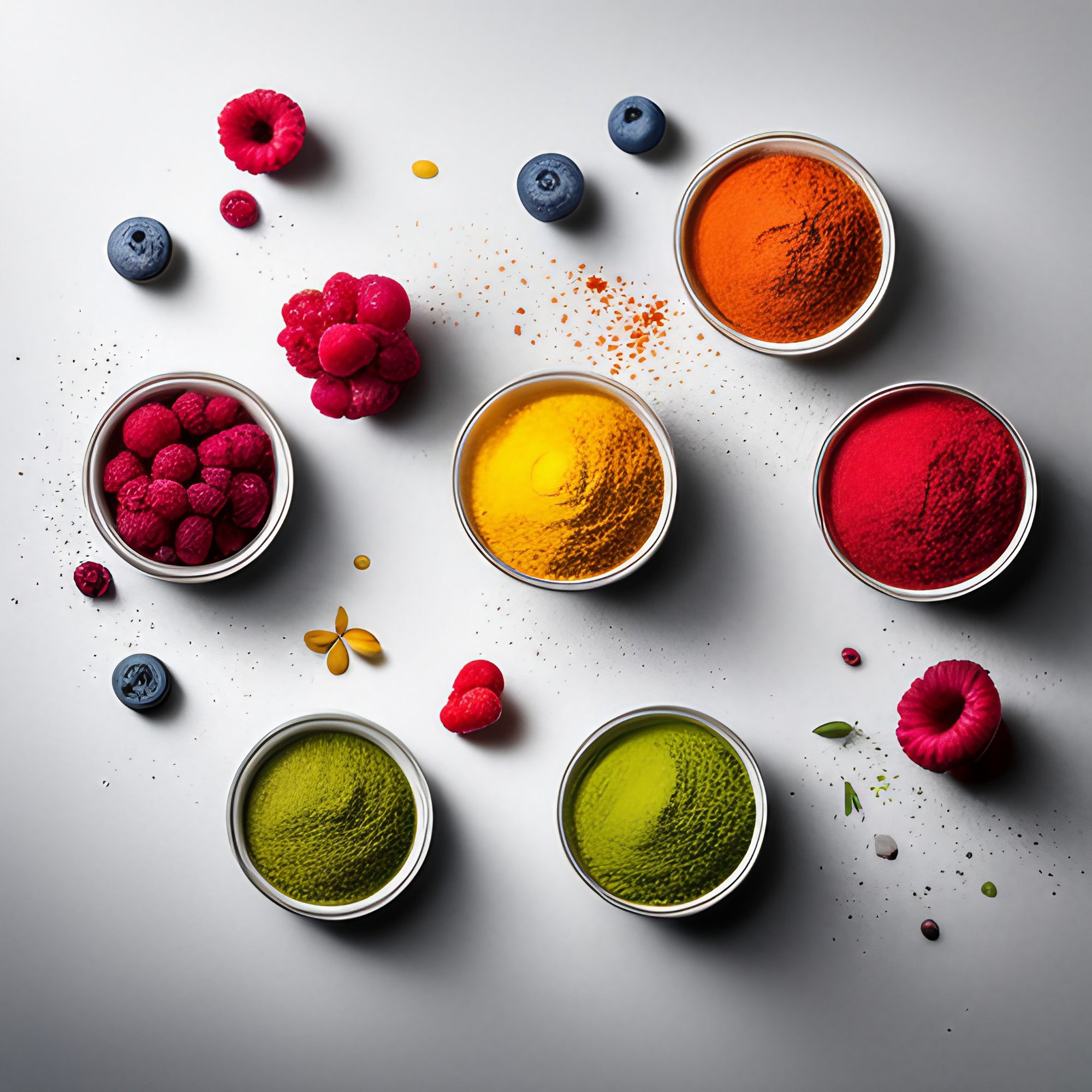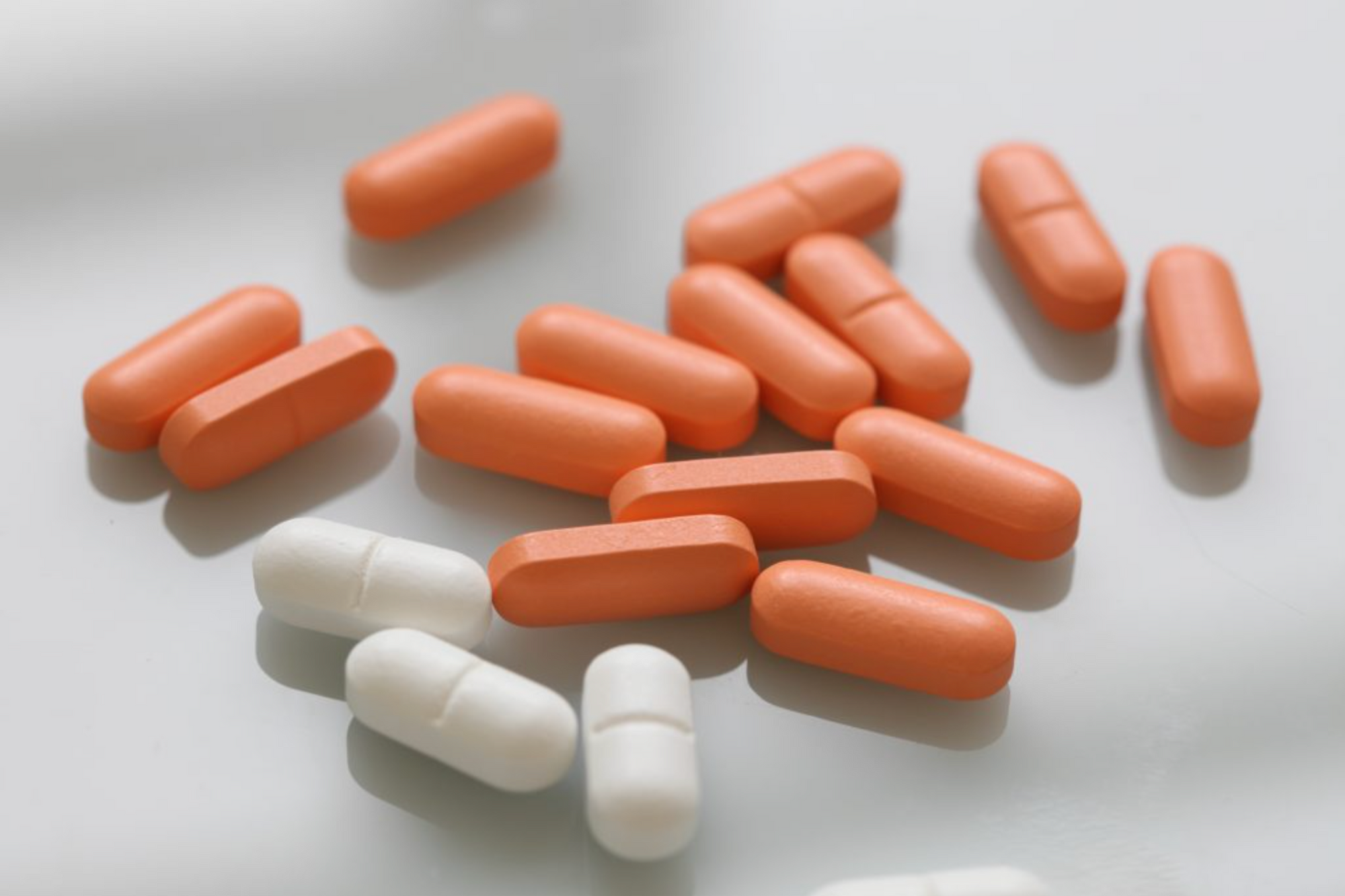Nourishing Your Eyes: The Role of Nutrition in Macular Support
Our eyes are one of the most vital organs in our body, allowing us to see and experience the world around us. However, with age and various environmental factors, our eyesight can deteriorate, leading to conditions such as macular degeneration. Macular degeneration is a leading cause of vision loss, affecting millions of people worldwide. While there is no cure for this condition, research suggests that proper nutrition can play a significant role in supporting macular health and potentially slowing down its progression.
The Importance of the Macula
The macula is a small, highly sensitive area located at the center of the retina, responsible for sharp, central vision. It allows us to read, recognize faces, drive, and perform other activities that require clear vision. Macular degeneration occurs when the macula becomes damaged or deteriorates over time, leading to a loss of central vision.
Key Nutrients for Macular Support
Several nutrients have been identified as essential for maintaining macular health and supporting overall eye function. Including these nutrients in your diet can help nourish your eyes and potentially reduce the risk of macular degeneration:
1. Lutein and Zeaxanthin
Lutein and zeaxanthin are antioxidants that are highly concentrated in the macula. They help filter harmful blue light and protect the macula from oxidative stress. Foods rich in these nutrients include leafy green vegetables like spinach and kale, as well as broccoli, peas, and eggs.
2. Omega-3 Fatty Acids
Omega-3 fatty acids, particularly docosahexaenoic acid (DHA), are essential for eye health. They help maintain cell membranes in the retina and promote proper visual development. Good sources of omega-3 fatty acids include fatty fish like salmon, mackerel, and sardines, as well as flaxseeds, chia seeds, and walnuts.
3. Vitamin C
Vitamin C is a powerful antioxidant that helps protect the eyes from oxidative stress. It also supports the health of blood vessels in the eyes. Citrus fruits like oranges, grapefruits, and lemons are excellent sources of vitamin C, as well as strawberries, bell peppers, and kiwi.
4. Vitamin E
Vitamin E is another antioxidant that helps protect the cells of the eyes from damage caused by free radicals. It can be found in nuts and seeds, such as almonds, sunflower seeds, and hazelnuts, as well as spinach and broccoli.
5. Zinc
Zinc is an essential mineral that plays a crucial role in eye health. It helps transport vitamin A from the liver to the retina, where it produces melanin, a protective pigment in the eyes. Good sources of zinc include oysters, beef, poultry, beans, and nuts.
Supplements for Macular Support
In addition to a nutrient-rich diet, certain supplements can also support macular health. These supplements often contain a combination of the key nutrients mentioned above, along with other beneficial compounds like vitamins B6 and B12, copper, and selenium. However, it's important to consult with your healthcare provider before starting any new supplements, as they can interact with medications or have potential side effects.
Conclusion
While nutrition alone cannot guarantee the prevention or treatment of macular degeneration, it can play a significant role in supporting macular health and potentially slowing down its progression. By incorporating a variety of nutrient-rich foods into your diet and considering appropriate supplements by Vitrea, you can nourish your eyes and take proactive steps towards maintaining healthy vision.
Excerpt: Our eyes are one of the most vital organs in our body, allowing us to see and experience the world around us. However, with age and various environmental factors, our eyesight can deteriorate, leading to conditions such as macular degeneration. Macular degeneration is a leading cause of vision loss, affecting millions of people worldwide. While there is no cure for this condition, research suggests that proper nutrition can play a significant role in supporting macular health and potentially slowing down its progression.




